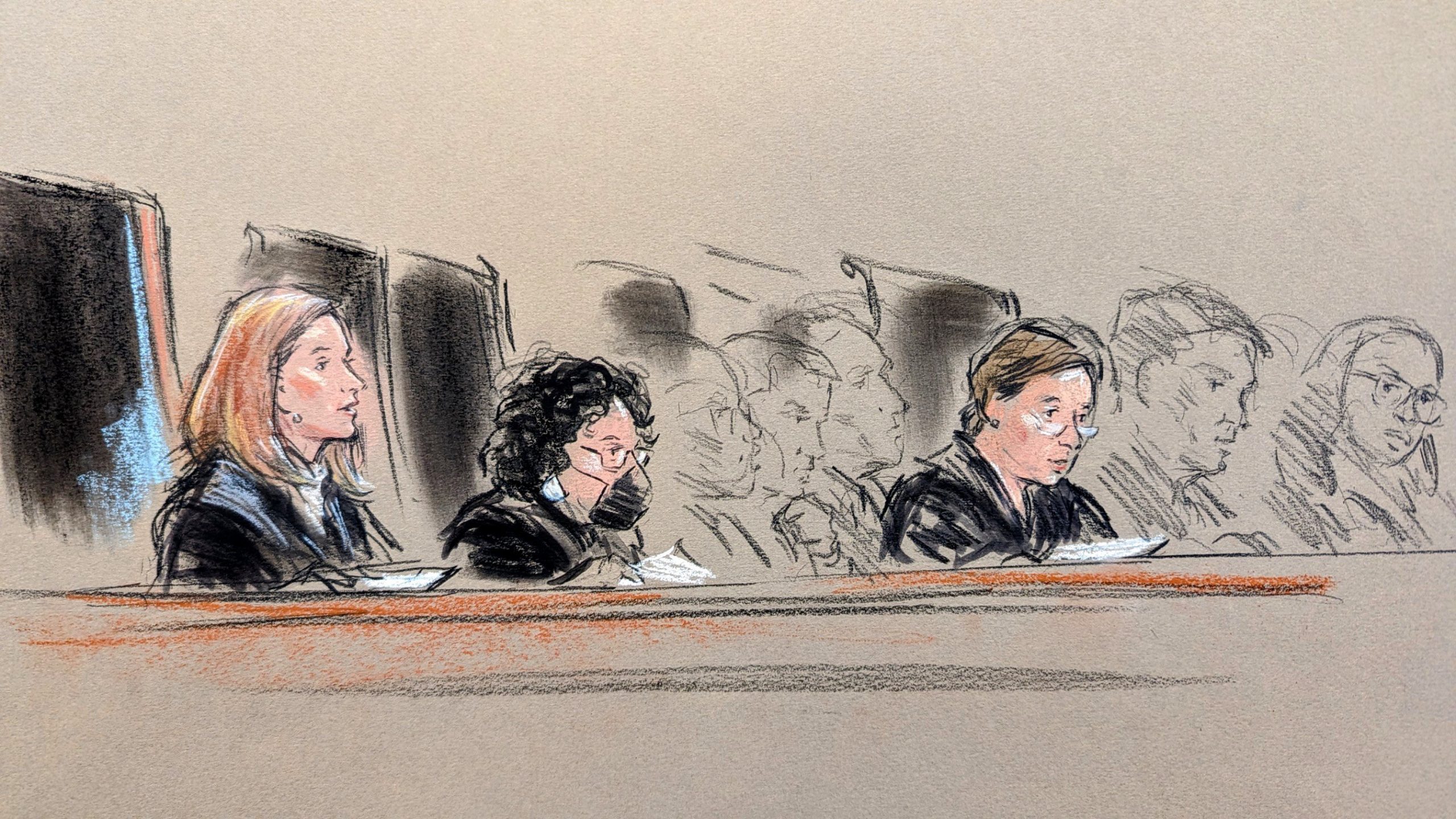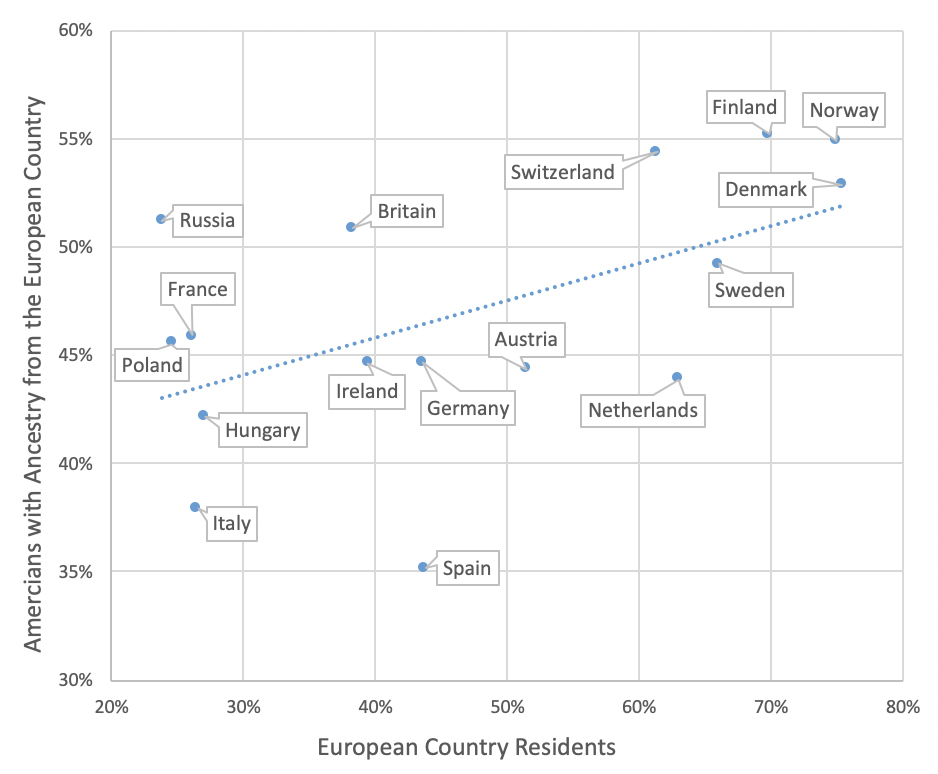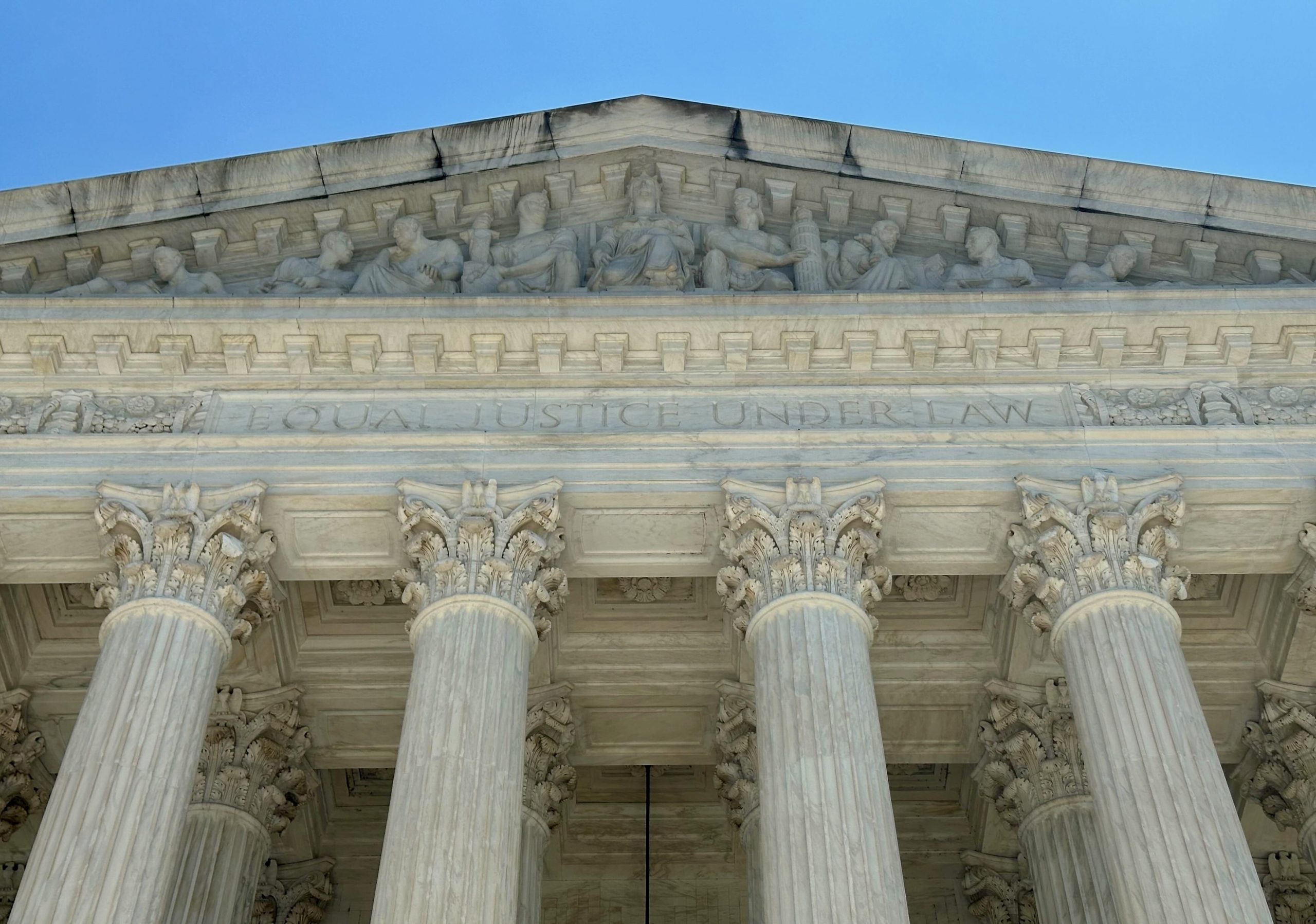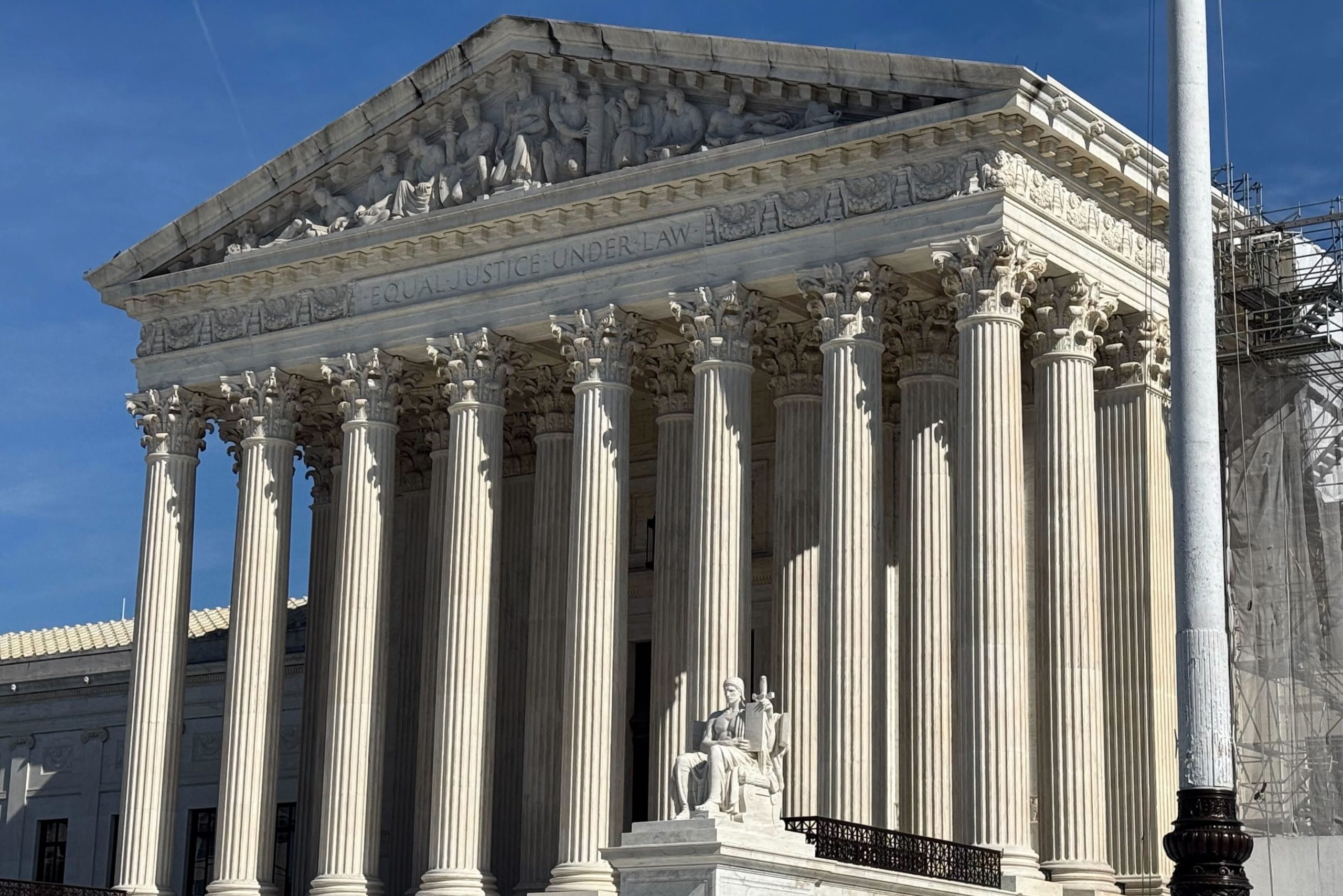In rare win for people on death row, justices chide Arizona for ignoring Supreme Court precedent
OPINION ANALYSIS
on Feb 23, 2023
at 12:19 pm
Justice Sonia Sotomayor delivers the opinion in Cruz v. Arizona. (William Hennessy)
In what was only the second opinion day of the 2022-23 term, the Supreme Court delivered a rare win for a criminally convicted petitioner and offered a clarifying example of when it is appropriate for a federal court to intervene when a state court fails to apply federal law. In a 5-4 decision in Cruz v. Arizona, the court ruled in favor of John Montenegro Cruz, a man on death row in Arizona. Cruz and about 30 other similarly situated individuals will be entitled to new sentencing hearings as a result of the court’s ruling.
Justice Sonia Sotomayor authored the opinion, with Chief Justice John Roberts and Justices Elena Kagan, Brett Kavanaugh, and Ketanji Brown Jackson signing on.
As background, in 2005, a Pima County jury convicted Cruz of first-degree capital murder for the death of a police officer. The jury was then tasked with determining the appropriate sentence. According to Arizona law, capital defendants who committed crimes after 1993, like Cruz, were (and remain) ineligible for parole. Thus, the only possible sentences for the jury to choose from were life in prison or death. Throughout the trial, Cruz repeatedly sought to inform the jury that if they declined to sentence him to death, he would be ineligible for parole. The trial judge refused. This was no insignificant detail. A decade earlier, in Simmons v. South Carolina, the Supreme Court held that capital defendants have a constitutional right to inform the jury that they would not be eligible for parole if the jury returned a life sentence.
Instead, the Arizona judge instructed the jury that Cruz was eligible for three possible sentences: (1) death, (2) life without the possibility of parole, or (3) life with a possibility of parole after 25 years. This was not only inaccurate, it also proved lethal. The jury sentenced Cruz to death, believing that if they declined to do so, the judge would choose between the two remaining sentences. The court’s opinion notes that multiple jurors spoke to the media immediately following Cruz’s trial, describing the decision as tearful for all involved and “gut-wrenching.” The jurors expressed a desire to “have voted for life without the possibility of parole, but” lamented that “they were not given that option.”
Cruz filed an appeal in state court, arguing that the trial judge denied his constitutional right to due process when the judge prevented the jury from learning about his parole ineligibility. Cruz reasoned that such information would have enabled him to rebut the inference that he would somehow endanger the public if spared the death penalty. Arizona state courts denied Cruz’s appeal and appeals from other death sentenced petitioners who experienced a similar issue during their trials. For years, Cruz relied on Simmons to support his reasoning to no avail. This changed when the Supreme Court issued a summary reversal in Lynch v. Arizona in 2016. Without entertaining additional briefing or oral argument, the court let Arizona know that the state had been mishandling the parole-ineligibility issue.
Cruz then filed a second appeal in state court. Arizona imposes many restrictions on such claims for post-conviction relief, but Arizona Rule of Criminal Procedure 32.1(g) allows petitioners to challenge their sentences when “there has been a significant change in the law that, if applicable to the defendant’s case, would probably overturn the defendant’s … sentence.” Cruz relied on that rule, arguing that Lynch represented a “significant change in the law” and required Arizona to apply Simmons to his case and to grant him a new sentencing hearing. Arizona courts disagreed, so Cruz came to the Supreme Court.
The question for the justices was whether Arizona’s denial of relief was based on alternative state-law grounds and thus was insulated from Supreme Court review. Generally, when a case originates in state court, the Supreme Court will not weigh in on a question of federal law if the state court’s decision can be justified by an “independent” and “adequate” provision of state law. In this case, the state argued that the Arizona Supreme Court’s decision to deny Cruz relief under Rule 32.1(g) constituted an adequate state-law ground for the judgment. Sotomayor, joined by the other two liberal justices and two of the conservatives, rejected that argument.
Her opinion pointed to the state court’s prior interpretation of Rule 32.1(g), in which Arizona applied the rule to “transformative events” that constituted “clear breaks from the past.” The fact that Arizona refused to apply Simmons for over 20 years until Lynch signaled that Lynch was a “transformative event,” and thus fell directly within Rule 32.1(g)’s purview. To hold otherwise constituted a departure from how the Arizona Supreme Court had interpreted Rule 32.1(g) in other cases. Sotomayor explained that Arizona’s application of 32.1(g) to Lynch should have been “straightforward.” “It is hard to imagine a clearer break from the past,” she wrote.
Because the court found that Arizona’s application of 32.1(g) to Lynch was so novel and unforeseeable, it declined to address whether Arizona’s decision constituted an “independent” state-law ground for the judgment. Similarly, the court did not address Cruz’s additional arguments regarding whether Arizona’s decision reflected hostility toward Simmons and Lynch, nor whether Arizona’s decision discriminated against federal law.
Justice Amy Coney Barrett authored the dissent, with Justices Clarence Thomas, Samuel Alito, and Neil Gorsuch joining. The dissent seemed to suggest that the court should not review state-court interpretations of state law, even when federal law is implicated. That approach would take notions of federalism and comity to the extreme, and truncate the Supreme Court’s role in providing a check on state courts when necessary.
On a practical level, the decision vacated Arizona’s ruling denying Cruz relief and remanded the case back to the state court with instructions to apply Simmons (via Lynch). Although the decision does not impact Cruz’s conviction, it entitles him to a new sentencing hearing. At that hearing, the jury must learn that if they spare Cruz the death penalty, he will be parole-ineligible. Not only does the decision have a direct and immediate impact on Cruz’s case, but it also impacts approximately 30 other death-sentenced petitioners in Arizona who, like Cruz, were sentenced to death by juries who never learned the petitioners were parole-ineligible. These individuals collectively comprise over a quarter of Arizona’s death row population. They all are now entitled to new sentencing hearings, which are time- and resource-intensive proceedings. The sweeping impact of this decision in Arizona death penalty cases may encourage the state to question whether it should continue to operate a death-sentencing scheme.






